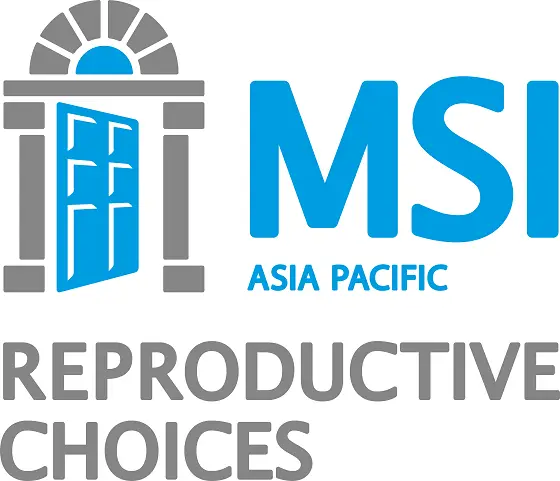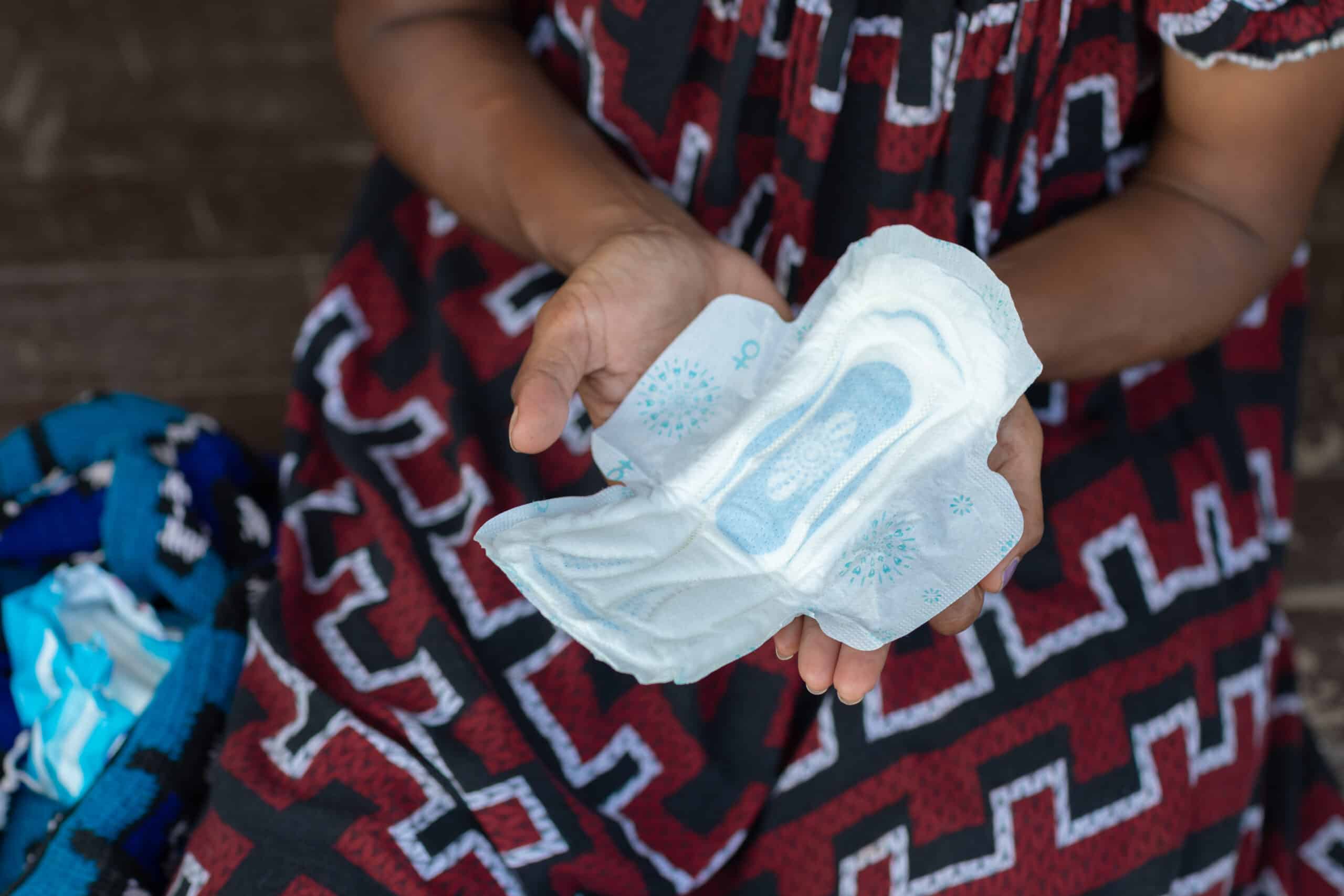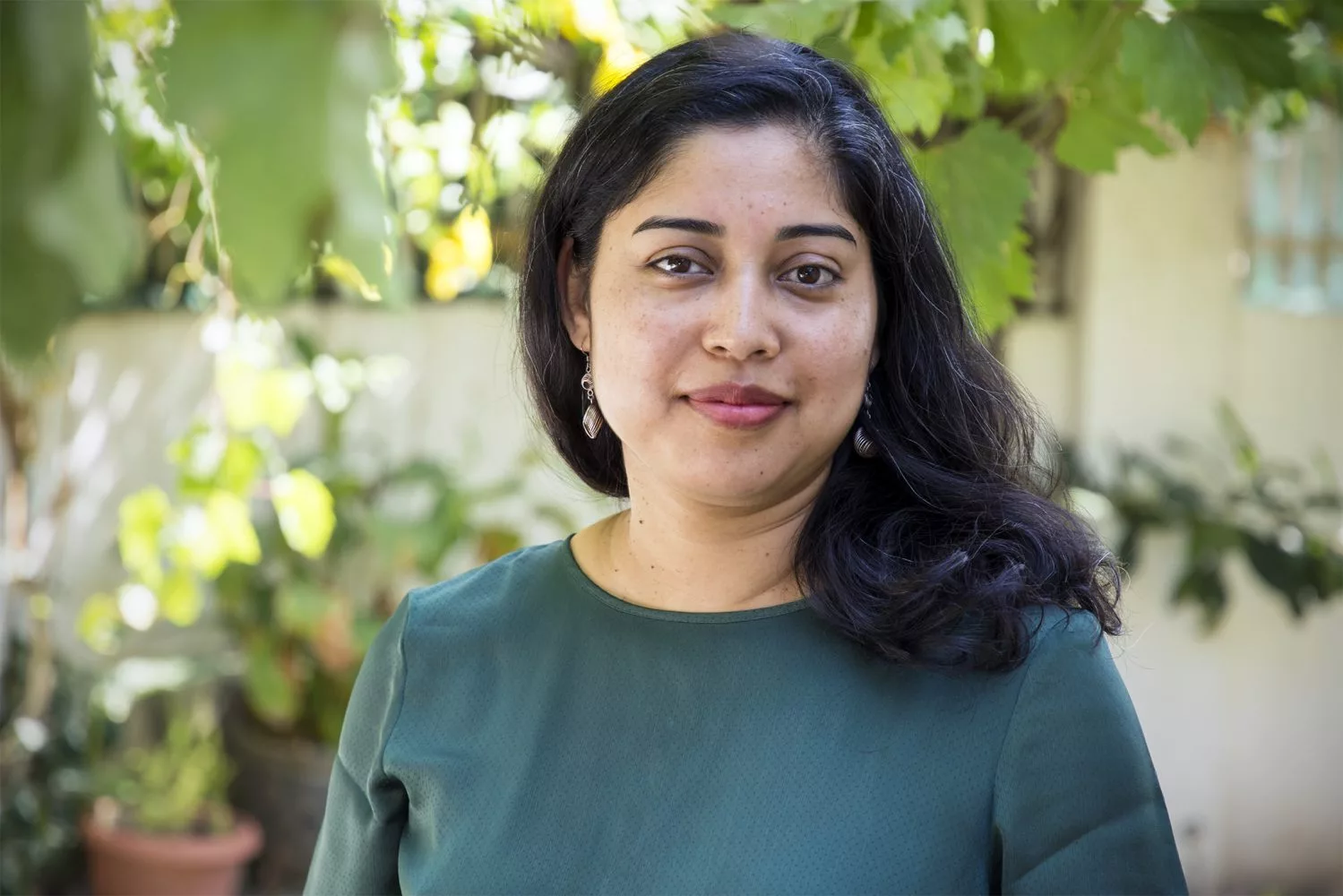Imagine what your life would be like without basic menstrual health care.
No sex education, leaving you confused and scared when you start bleeding for the first time.
No access to appropriate sanitary products, so you use rags or leaves.
No lockable functioning bathrooms to manage your period with dignity and in privacy.
No clean water to wash properly, leaving you dirty and uncomfortable. And no medication to help with managing menstrual cramps and pain.
On top of this, you might experience teasing from classmates or even comments from teachers.
Often, it’s just easier if you stay home from school until your period is over. But three weeks later, the cycle begins again. Over the entirety of your education, you could miss up to 20% of school days, and as you fall behind, you may decide to drop out of school completely.
500 million women and girls around the world currently do not have access to period products and hygiene facilities to manage their periods. Menstruation is a normal bodily function, and menstrual health is part of basic, essential health care — and a critical element of women’s rights and gender equality more broadly.
Stigma and a lack of menstrual care isolates girls, making them more likely to miss school. In many developing countries, the sanitary products that enable many of us to go about our daily lives during our periods are a costly luxury.
Ninety-five percent of girls sometimes miss school due to their period. In many parts of the world, menstruating girls are isolated from family, school and the public. In India, around 23 million girls drop out of school annually due to the lack of safe and sanitary menstrual hygiene management—including access to products and lack of awareness about menstruation.
No one should feel ashamed or alone for having a period or be forced to miss school. Shame and cultural taboos around periods perpetuate the stigma around sexual and reproductive healthcare more generally, reinforcing gender inequalities and discrimination.
“We are eager to build up our education and have a good reputation in the society, so we don’t like to be absent from school each month because of unavailability of the school [water, sanitation and hygiene] facility.”
Schoolgirl from Uganda
Globally, the largest generation of girls in history are entering their reproductive years, and to achieve true gender equality, it is essential that they can complete their education.
When a girl finishes secondary school, she is less likely to experience child marriage, face domestic abuse, and suffer from long-term health complications. Educated women and girls also tend to have fewer and healthier children, which contributes to breaking the cycle of poverty, as their children are more likely to receive an education and reach their full potential.
Menstrual health is part of comprehensive sexual and reproductive healthcare and rights. MSI is working to support women from their very first period through to pregnancy, menopause and beyond. This includes building girl-friendly toilets in Papua New Guinea, handing out free menstrual cups in Ghana and partnering with water and sanitation NGOs to develop a shared mission on menstrual health care.




